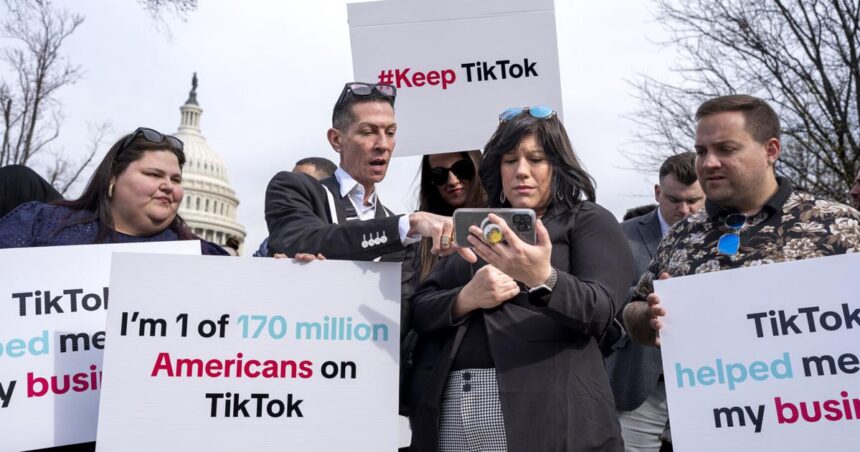Recent national data shows an increase in depressive symptoms, suicide-related concerns, and suicide rates among American teenagers between 2010 and 2015, especially girls. These issues have been linked to excessive social media use in many studies.
A 2017 study found that teenagers who spent more time on social media were at higher risk of depressive and suicidal symptoms. Similarly, a 2022 report revealed that about half of teens felt sad, depressed, lonely, or isolated due to social media use. Furthermore, a 2018 literature review connected increased social media exposure with self-harm behavior and higher distress levels among depressed teens.
The 2017 study contrasted these findings with the observation that young people engaged in face-to-face social activities had fewer reported issues.
Social Media Misinformation and Self-Diagnosis
Young individuals are increasingly self-diagnosing serious mental health issues based on social media content alone. This practice, known as self-diagnosis, can be misleading or harmful, as experts warn about the abundance of misinformation online. For example, a recent study discovered that over half of ADHD videos on TikTok were medically inaccurate. Delayed professional mental health care can result from self-diagnosis, further exacerbating the situation.
Positive Impact of Social Media
Despite its flaws, social media can benefit mental health for marginalized youth, as evidenced by data showing that LGBTQIA+ individuals find support and explore identity on these platforms. Additionally, many young people, particularly Black and Latino individuals, use social media to engage in civic activities and express their voices. Some studies even suggest that social media can boost mood and provide mental health support in certain contexts.
Tips for Healthy Social Media Usage Among Teens
It is crucial for executives and policymakers to ensure the safety of social media platforms for teenagers. Here are some individual steps to promote healthy social media habits among teens:
Promote Connection: Encourage positive social media practices such as following empowering accounts and unfollowing harmful content to foster emotional support and solidarity among young people, especially those with mental health conditions.
Set Boundaries: Establish rules like daily time limits and screen time reduction before bed to limit social media usage. Encourage breaks and offline activities to promote balance and well-being.
Seek Help When Needed: If a young person struggles with mental health or social media issues, consider reaching out to a licensed mental health professional for support.
This content was produced by Charlie Health and distributed by Stacker Media.





